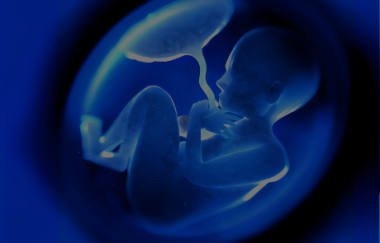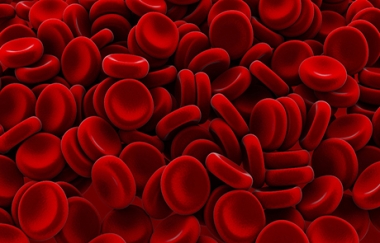An international survey of neonatal intensive care units staff
Arch Dis Child Fetal Neonatal Ed. 2004 Jan; 89(1): F19-F24
Cuttini M, Casotto V, Kaminski M, De Beaufort I, Berbik I, Hansen G, Kollee L, Kucinskas A, Lenoir S, Levin A, Orzalesi M, Persson J, Rebagliato M, Reid M, Saracci R.
Unit of Epidemiology, Burlo Garofolo Institute, Trieste and Tuscany Agency for Health, Florence, Italy.
Epidemiological Research Unit on Perinatal and Women’s Health, INSERM U149, Villejuif, France. Department of Medical Ethics, Erasmus University, Rotterdam, The Netherlands.
Department of Obstetrics and Gynaecology, Vaszary Kolos Hospital, Esztergom, Hungary. Department of Pediatrics, Martin Luther University, Halle, Germany. Department of Pediatrics, University Medical Centre Nijmegen, Nijmegen, The Netherlands. Neonatal Clinic, Vilnius University, Vilnius, Lithuania.
Unit of Research on Reproduction, INSERM CJF 89 08, Toulouse, France. Newborn and Premature Children’s Department, Tallinn Hospital, Tallinn, Estonia. Neonatal Intensive Care Unit, Bambino Gesu Children’s Hospital, Rome, Italy.
Center for Medical Technology Assessment, Department of Health and Environment, Linkoping University, Linkoping, Sweden. Department of Public Health, Miguel Hernandez University, Alicante, Spain. Department of Public Health, University of Glasgow, Glasgow, Scotland, UK. Division of Epidemiology, IFC, National Research Council, Pisa, Italy
OBJECTIVE: To present the views of a representative sample of neonatal doctors and nurses in 10 European countries on the moral acceptability of active euthanasia and its legal regulation.
DESIGN: A total of 142 neonatal intensive care units were recruited by census (in the Netherlands, Sweden, Hungary, and the Baltic countries) or random sampling (in France, Germany, Italy, Spain, and the United Kingdom); 1391 doctors and 3410 nurses completed an anonymous questionnaire (response rates 89% and 86% respectively).
MAIN OUTCOME MEASURE: The staff opinion that the law in their country should be changed to allow active euthanasia “more than now”. RESULTS: Active euthanasia appeared to be both acceptable and practiced in the Netherlands, France, and to a lesser extent Lithuania, and less acceptable in Sweden, Hungary, Italy, and Spain. More then half (53%) of the doctors in the Netherlands, but only a quarter (24%) in France felt that the law should be changed to allow active euthanasia “more than now”.
For 40% of French doctors, end of life issues should not be regulated by law. Being male, regular involvement in research, less than six years professional experience, and having ever participated in a decision of active euthanasia were positively associated with an opinion favouring relaxation of legal constraints. Having had children, religiousness, and believing in the absolute value of human life showed a negative association. Nurses were slightly more likely to consider active euthanasia acceptable in selected circumstances, and to feel that the law should be changed to allow it more than now.
CONCLUSIONS: Opinions of health professionals vary widely between countries, and, even where neonatal euthanasia is already practiced, do not uniformly support its legalisation.


















השאירו תגובה
רוצה להצטרף לדיון?תרגישו חופשי לתרום!